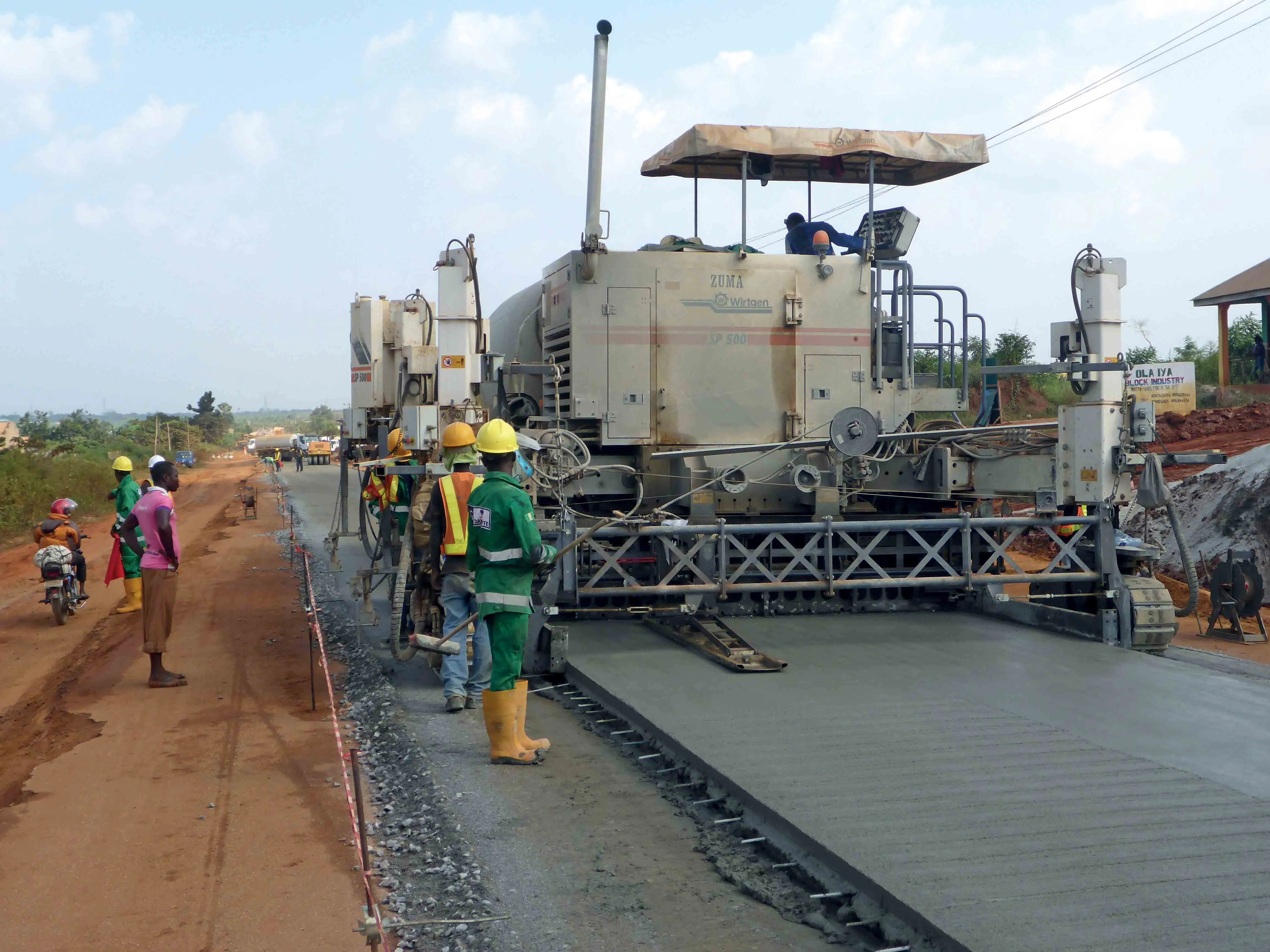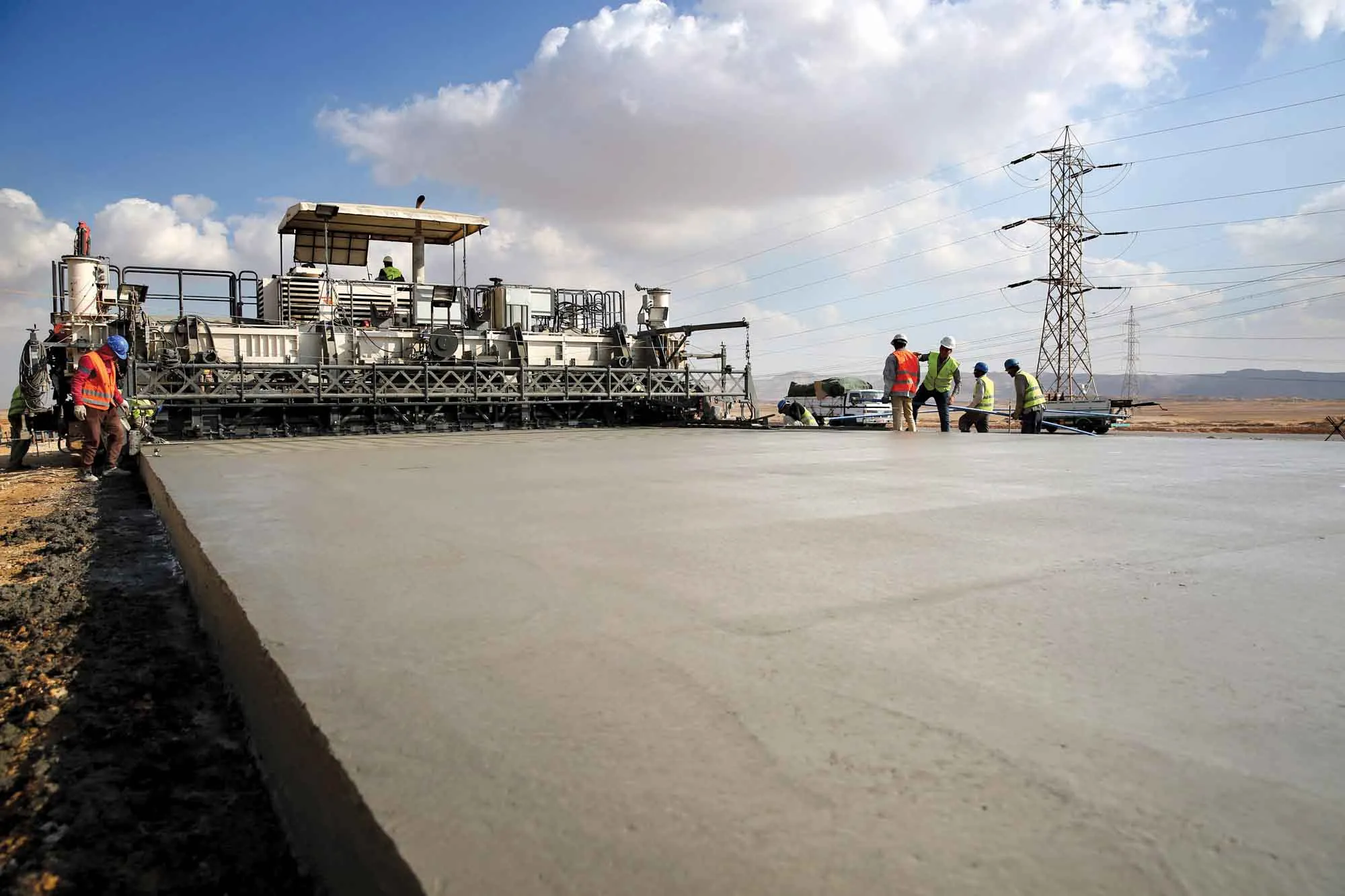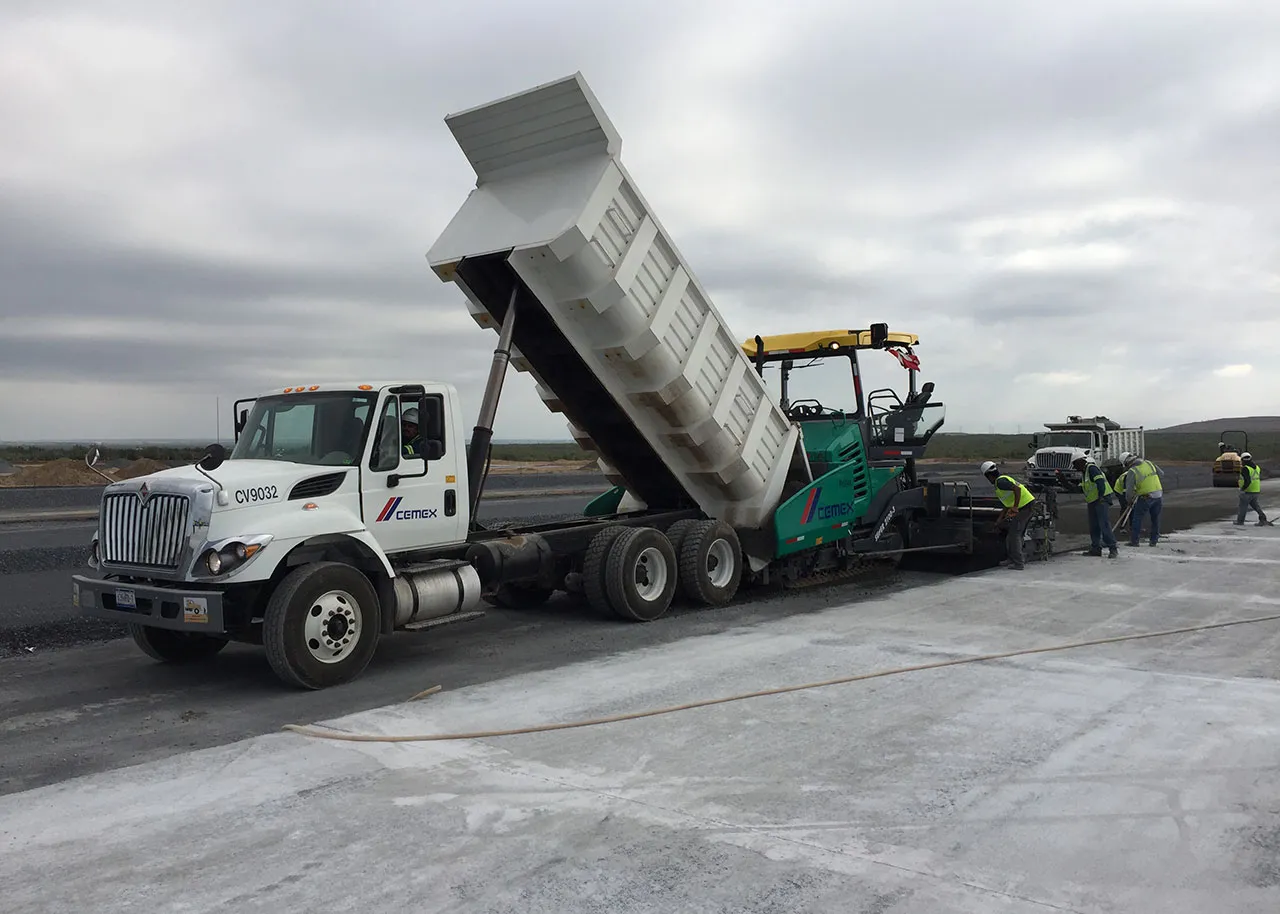
A highway link to the north of Panama´s capital city that connects with a national park popular with tourists, has now been rebuilt
Cement producer and concrete specialist
The route is important as it provides one of the main access points to the Chagres National Park and Alajuela Lake. These are among the most popular tourist destinations in Panama and are key to the tourist trade, as well as being important for locals. The aim of this road upgrade is to further boost tourism in the country and further develop the economy.
According to CEMEX, improving the road is a joint effort between the government, the community and the firm. The work also includes the addition of walkways for pedestrians and ditches for channelling rainwater. The project is expected to benefit the local economy, providing an improved link for around 15,000 people in the region.
The proposed combination of CEMEX’s thin concrete pavement solution and concrete overlay allowed for an extension of the original project proposal from a length of 3.6km to 5.7km.
According to CEMEX, its solution should offer increased durability and require less maintenance, extending the road’s life by around 20 years. Other important benefits include the ability to reflect more light than other materials, resulting in higher night visibility and reducing lighting expenses.
Meanwhile, the small town of Parita, in Panama´s Herrera province, is also benefiting from a new road built using CEMEX technology. The firm opted to use its special Unicapa pavement application solution in Panama. This system has been well proven for rural and difficult access roads in other Central American countries such as Costa Rica and Nicaragua.
Unicapa offers a solution for roads that are difficult to access or that concrete mixer trucks cannot easily reach. It involves placing cement bags in a chessboard pattern on a rural road, mixing the cement with the road’s existing material to create a single 170-250mm layer of pavement. The initial pilot project for Unicapa in Panama was the rehabilitation of the short Camino El Limón route. For El Limón’s 200m length, CEMEX used 1,000 bags of cement.
According CEMEX, this road was chosen because it serves various farms in the region and could potentially serve an entire community. However, in the winter season the road becomes difficult to use due to poor weather conditions. But with the CEMEX technology, the firm reckons it will be able to keep this road open to traffic through the year.
A robust infrastructure that supports mobility and independence is indispensable for the sustainable development of communities because it allows for economic exchange and access to different social services. This solution, adapted to local needs in coordination with the CEMEX Research Group in Switzerland and our Centre for Cement and Concrete Technology in Mexico, provides a more accessible and affordable option that could maintain rural roads passable for more than five years.









